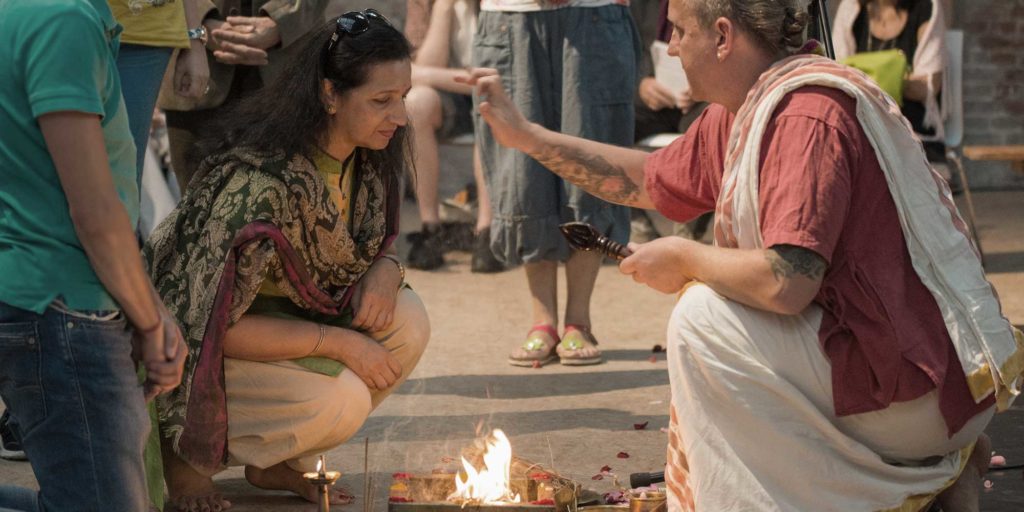
Indian background, Berlin 2015. © A. Feldtkeller
International Research Training Group
Transformative Religion Religion as Situated Knowledge in Processes of Social Transformation
Call for Applications
Application deadline: May 6th, 2024
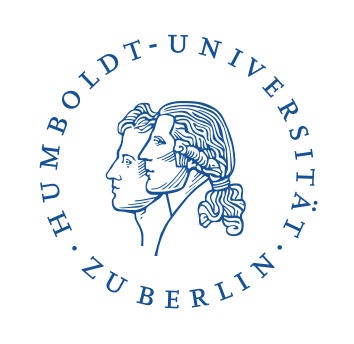
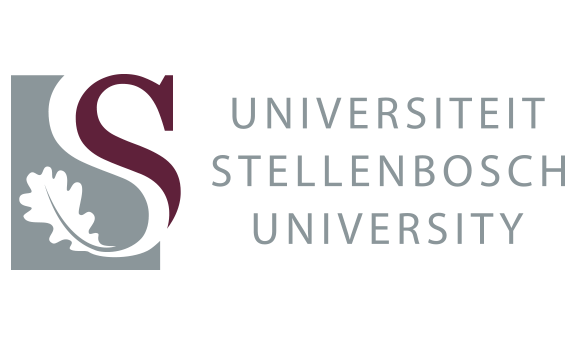
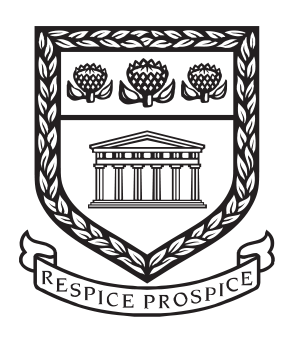
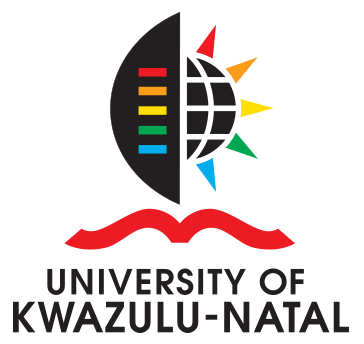
Humboldt-Universität zu Berlin, Stellenbosch University, University of the Western Cape and University of KwaZulu-Natal are jointly establishing the International Research Training Group (IRTG) Transformative Religion: Religion as Situated Knowledge in Processes of Social Transformation, funded by Deutsche Forschungsgemeinschaft (Germany, DFG) and National Research Foundation (South Africa, NRF). In this German-South African IRTG, the following doctoral positions are advertised:
Germany (Humboldt-Universität zu Berlin):
6 doctoral researchers (65% full time equivalent E13 TVÖD, funded by DFG)
for the period from 01.01.2025 to 31.12.2027.
Profile of the IRTG
Transformative Religion
The German–South African IRTG Transformative Religion transdisciplinarily investigates the impact of religion in processes of social transformation and the impact of these transformations on religion in contemporary global societies with an intercontinental perspective. It seeks to contribute to recent academic research and public debates on the complex relationship between religion and society.
Against the backdrop of discursive differences in perceiving and positioning religion in the field of knowledge between the global north and the global south and with a distinctive decolonial approach, this IRTG aims at a critical epistemology through which the situatedness of religious knowledge production and reception in processes of social transformation can be researched. In case studies from contexts in the global South and North, the IRTG seeks to investigate religion as specifically situated knowledge functioning as a resource and as a site of social transformation. It engages scholars from two continents and a variety of disciplines to go beyond conventional research approaches.
The research focus of the IRTG unfolds in the following four research areas:
- Research area 1, national identity, will focus on the relationship between normative elements of religious knowledge in processes of public deliberation and conflicts of hegemony and power concerning modern nation states and their corresponding social imaginaries.
- Research area 2, development, will investigate the transformative role of religion in development discourses and practices and its implications for decolonising dominant notions of development.
- Research area 3, migration, will study the entanglements of migration and mobile religious practices, and how these entanglements both are being produced by and co-produce social transformations.
- Research area 4, healing, will focus on healing practices in the context of situated religious knowledge and how they contribute to and are at the same time shaped by social transformation.
Supervision and qualification programme
The IRTG is committed to excellent supervision and qualification of doctoral researchers. Each candidate is expected to pursue their own dissertation project related to one of the IRTG’s research areas within the overall thematic framework of the IRTG. Each doctoral researcher will be supervised by an interdisciplinary advisory team of three scholars from Germany and South Africa. The advisory team will be allocated by the admission board in consultation with the selected candidates.
The IRTG’s qualification programme has been jointly developed with respect to the specific requirements of doctoral qualification in Germany and South Africa. Transcontinental joint supervision and evaluation procedures, as well as transdisciplinary theoretical, methodological and professional training, will be part of an overall strategy that promotes innovative research and excellent qualification of young researchers. The programme is structured in 3 phases:
- Engagement phase (year 1): Doctoral researchers are introduced to the IRTG with theoretical and methodological seminars and key competence seminars and begin their doctoral project.
- Research phase (year 2): Doctoral researchers will focus on their individual research as they conduct research visits at partner institutions abroad and/or conduct field research.
- Finalisation phase (year 3): Doctoral researchers complete their training and finalise their doctorate.
A vital, and obligatory, component of the qualification programme is a research stay at one of the partner institutions in South Africa/Germany (depending on the main study location). The length of the research stay can vary from one to two semesters.
Upon successful completion of the qualification programme, doctoral researchers will be provided a transcript outlining all qualification elements.
Funding
The funded positions in Germany is done according to a 65% full time equivalent in remuneration group E13 of the German Public Service Salary Scale applicable to the State of Berlin (TV-L).
In addition, candidates will receive funding for research stays abroad and conference visits. Doctoral researchers with children can apply for additional family support measures during their participation in the programme.
Requirements
The IRTG Transformative Religion seeks applications of candidates who would like to pursue a doctoral dissertation in the thematic framework of the IRTG.
Job description:
- scientific services in research within the framework of the DFG-funded Research Training Group (RTG) „Transformative Religion: Religion as situated knowledge in Social Transformation Processes“
- pursuite of an own dissertation project related to one of the IRTG’s research areas within the overall thematic framework of the IRTG
Required:
- An excellent master’s degree or comparable qualification in the subjects: anthropology/ethnology, religious studies, cultural studies, sociology, African studies, theology, political science or related disciplines.(ordinarily candidates should be located in faculties of humanities, social sciences and / or theology; candidates applying without a completed master’s degree will need to convincingly justify that they will obtain degree before 01/01/2025, in those cases, admission will be conditional on the successful completion of the degree)
- A substantially above average academic profile.
- Willingness to spend some time abroad
- agreement to pursue the doctoral project under the guidance of the principal investigators of the international research training group “Transformative Religion“ and at Humboldt University
- Proficiency in written and spoken English as well in any other language required for the successful implementation of the planned doctoral project.
- Cultural sensitivity and openness to work in a highly transdisciplinary and internationally composed team.
- The ability to work independently
- The desire to complete their doctoral dissertation within the time frame of three years.
Recommended:
- Study, work or research experience in a foreign country or at a university other than the current one will be considered asset
- Prior knowledge in the thematic field of the IRTG and the research area applied for is an asset.
- Prior publications are an asset.
- Voluntary engagement and/or prior work experience in the thematic field or research areas of the IRTG, especially in decolonial or antiracist contexts will be considered an asset
Selection Criteria
Humboldt-Universität zu Berlin, Stellenbosch University, University of the Western Cape and University of KwaZulu-Natal are committed to a transparent and fair selection process. Applications will be reviewed by the admission board of the IRTG in a structured selection process based on standardised guidelines. The main criteria for selection of individual candidates are:
- the academic qualification
- the scientific excellence of her or his proposed research project
- the relevance of the project to the IRTG research focus and research areas
- the applicant’s competence profile and relevant professional experience
- her, his or their motivations for participating in the qualification programme.
Factors that may have hindered an applicant’s academic career such as (child)care obligations, disabilities, chronic illnesses, minority discrimination or other conditions or situations of hardship can be voluntarily disclosed and will be taken into consideration during the selection process.
The IRTG and the HU are seeking to increase the proportion of women in research and teaching, and specifically encourages qualified female scholars to apply. Researchers from abroad are welcome to apply. Severely disabled applicants with equivalent qualifications will be given preferential consideration. People with an immigration background are specifically encouraged to apply.
Accepted as well as rejected candidates will receive a summary of the justification of the admission board’s decision once the selection process has been completed. Should the candidates feel they have been treated unfairly, they can launch an appeal against the decision. Should the independent appeals committee of the IRTG find that the selection process has not been fair, the admission board will reconsider its decision and, if necessary, the selection process will be repeated.
Application Documents
Applicants are required to submit:
- a letter of motivation (including indications on preferred supervisors)
- their full CV, including the applicant’s gender (male/female/diverse) and a list of publications (if applicable)
- transcripts of their academic records (degree certificate if master’s has been completed, otherwise the current grades overview)
- a letter of recommendation by the applicant’s master thesis supervisor, speaking to the academic qualification of the applicant
- a concise proposal of the planned PhD or postdoc project. The proposal of strictly 10 pages (3.000 words / 20.000 characters) should include an outline of the state of the art of the relevant literature, the central research question(s), the planned methodology and the envisaged time plan of the project. The proposal should also indicate which of the IRTG’s four research areas the planned PhD project relates to.
Kindly submit all documents until 06/05/2024 quoting the reference number DR/047/24 to Humboldt-Universität zu Berlin; Faculty of Theology, Prof. Meireis, Unter den Linden 6, 10099 Berlin, Germany or preferably in one pdf file named SURNAME_FIRSTNAME.pdf via e-mail to transformative-religion@hu-berlin.de.
Since application materials will not be returned, we ask you to send only copies of all documents.
Data protection information on the processing of your personal data within the framework of the advertisement and selection procedure can be found on HU-Website: https://hu.berlin/DSGVO.
You find the legally binding version Here.
You find the legally binding German version Here.
Should you have any questions, do not hesitate to contact the IRTG coordinator, Dr Clemens Wustmans at the above e-mail. We’re looking forward to your application!